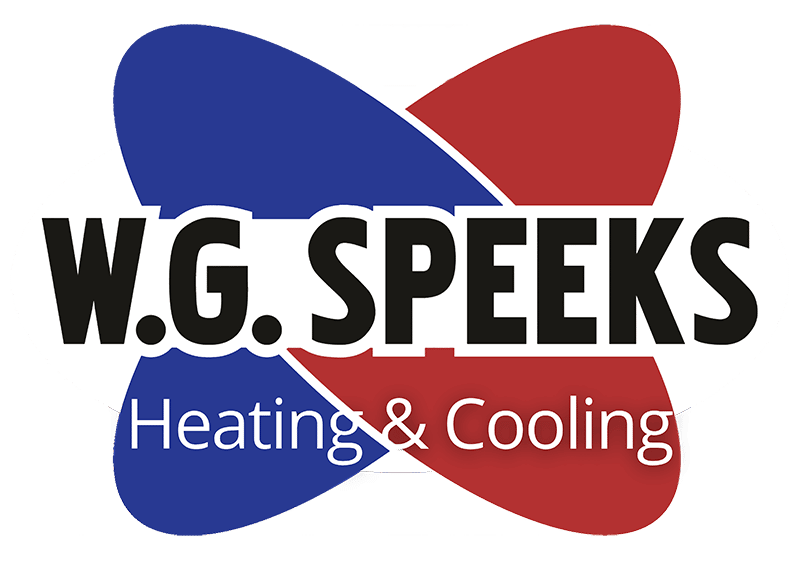
Buying a new home is exciting, but it can also be stressful. They don’t build houses like they used to, and it’s not uncommon to discover that builders cut corners. While it’s disappointing, the best thing you can do is be proactive. You’re a new homeowner and the best thing you can do is make sure everything was done right — before you sign anything!
This might annoy some contractors or realtors, but you can’t worry about that. Purchasing a home is a huge financial investment and you have every right to make sure you’ve been treated fairly. One area where things tend to be sketchy? The heating and cooling unit. Here are some steps you can take to make sure your new home’s HVAC unit is up for the task!
Locate The Equipment
Your first assignment is to locate the home’s indoor and outdoor HVAC units. It might sound silly, but the last thing you want is to move in and discover that the equipment wasn’t even installed (it happens!). Confirm their locations with your own eyes and look for any outward signs of damage.
- Avoid attic installations as these can cause leaks and ceiling damage.
- Make sure your outdoor condenser isn’t too close to windows, especially bedrooms.
- Look for gutters above the condenser. These are essential for steering water away from the unit, especially during the rainy season.
Make it your personal mission to ensure everything looks good on your HVAC system before signing anything, and ask questions when you need to. If anything seems amiss, hold off on accepting the keys to the house.
Do a Visual Inspection
Now that you know where everything is, take a closer look. Do you see any rust, water stains, cracks, or dents in the equipment? Were you promised a brand new HVAC system but yours looks like it’s 10 years old? Pump the breaks immediately. You need to know that you’re getting what you paid for before you decide to move in.
It’s also a good idea to try to heat or cool the home while you’re there. It might take a few minutes, but feel free to turn on the heat or air conditioner and see how well it works. Make note of any hissing or clanging sounds that might indicate problems.
Check the Maintenance Records
They might try to make you feel like a pain or a nuisance, but insist on reviewing the home’s maintenance records, if any exist. If it’s a brand new home, they may not have any, but previous homeowners should hand over maintenance reports (or at the very least, receipts!).
Look for annual visits and pay attention to what was said about efficiency, performance, and longevity of the heating and cooling equipment. You don’t want to move in during the winter and discover the air conditioner doesn’t work months down the road!
Ask About Insulation

After your HVAC unit has worked hard to warm or cool the air inside your home, you don’t want it to escape due to poor insulation and/or leaks! You need to determine how your home is insulated because this will have a major impact on your comfort — and your wallet!
Moving into a new home is expensive and you don’t want to throw money away trying to heat poorly-insulated rooms. Knowledge is power and the more you know before you move in, the better you can prepare and budget for your needs.
“How High Are Your Bills?”

When you build a new home, you can make decisions that improve efficiency. When you buy a home from someone else, it’s a good idea to ask about their monthly energy costs so you’ll better know what to expect.
If they say that their bills have been getting higher recently, consider this a red flag. You will want to determine the cause of the added burden on the HVAC system before making any commitments.
Call a Professional
Of course, the best thing you can do is to have a professional inspect the heating and cooling unit inside and outside of the home before you move in. The experts at W.G. Speeks know exactly what to look for, saving you valuable time and money. We can guide you through the process by doing the following:
- Helping you understand the warranty on the HVAC system.
- Inspecting the ductwork and performing repairs, if needed.
- Evaluating indoor air quality.
- Checking the refrigerant. If your unit uses R-22, which will become illegal in 2020, the technician can help you through the next steps.
- Sharing ideas for ways to improve overall home efficiency and comfort.
There’s no place like home. We know because our NATE-certified technicians have been helping families with their heating and cooling needs for more than 75 years! We’ll help make sure you feel comfortable and safe in your new house from the moment you move in and for many years ahead. We offer a free consultation and we’re here to help. Call W.G. Speeks today!
